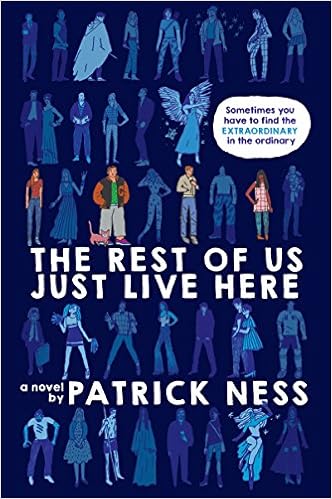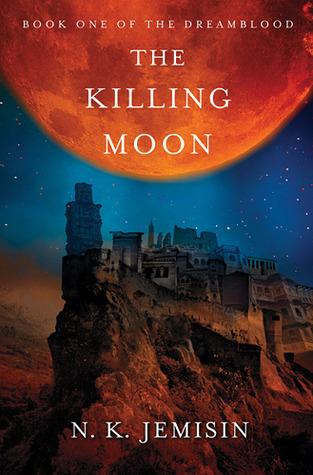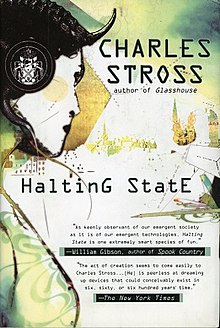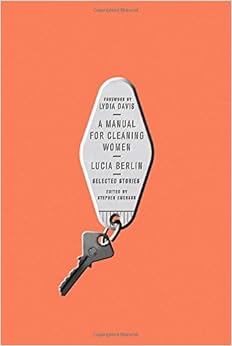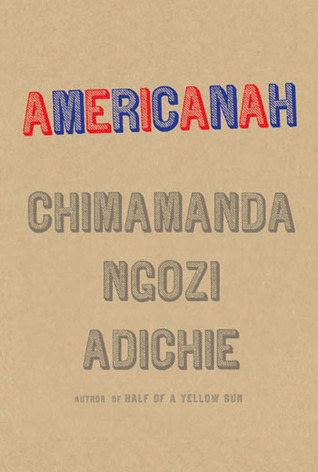

The Shadowed Sun by N.K. Jemisin vs. Lila by Marilynne Robinson
At the very beginning of this tournament, I was pretty sure Lila would be there at the end. I knew I love The Shadowed Sun, but wasn't as confident how it would fare. I'm delighted with this final two, both of them truly great books. But it's the one that I knew from the beginning that takes the whole shebang.
Winner: Lila
Top Ten of 2016:
 1. Lila by Marilynne Robinson. This book took my breath away. I only have the experience of reading it after reading the first two books in the same world, but I think it would be almost as powerful without that knowledge. We jump back in time to meet the minister's wife before and after she met him, and it is strong, intricate, and requires an open heart.
1. Lila by Marilynne Robinson. This book took my breath away. I only have the experience of reading it after reading the first two books in the same world, but I think it would be almost as powerful without that knowledge. We jump back in time to meet the minister's wife before and after she met him, and it is strong, intricate, and requires an open heart. 2. The Shadowed Sun by N.K. Jemisin. Jemisin is very quickly becoming one of my favourite authors, and I read both books in this universe this year. It was the second that got me more than the first, but both are excellent. We return to this world of death magic and its costs, to societies in conflict with no clear lines of good guys and bad guys. A prince fights for an empire with a woman whose role he hates by his side, and whether or not the magic that has been discovered should be used is not an easy question.
2. The Shadowed Sun by N.K. Jemisin. Jemisin is very quickly becoming one of my favourite authors, and I read both books in this universe this year. It was the second that got me more than the first, but both are excellent. We return to this world of death magic and its costs, to societies in conflict with no clear lines of good guys and bad guys. A prince fights for an empire with a woman whose role he hates by his side, and whether or not the magic that has been discovered should be used is not an easy question. 3. Everything I Never Told You by Celeste Ng. First novels should not be this good. The synopsis should not read so much like a thriller and yet be the furthest thing from it. An eldest daughter drowns in the lake, and everyone in her family has their own convictions about what happened, trying to piece together answers from what was left behind. It's sensitive and searing, particularly in looking at race and belonging in the 1970s.
3. Everything I Never Told You by Celeste Ng. First novels should not be this good. The synopsis should not read so much like a thriller and yet be the furthest thing from it. An eldest daughter drowns in the lake, and everyone in her family has their own convictions about what happened, trying to piece together answers from what was left behind. It's sensitive and searing, particularly in looking at race and belonging in the 1970s. 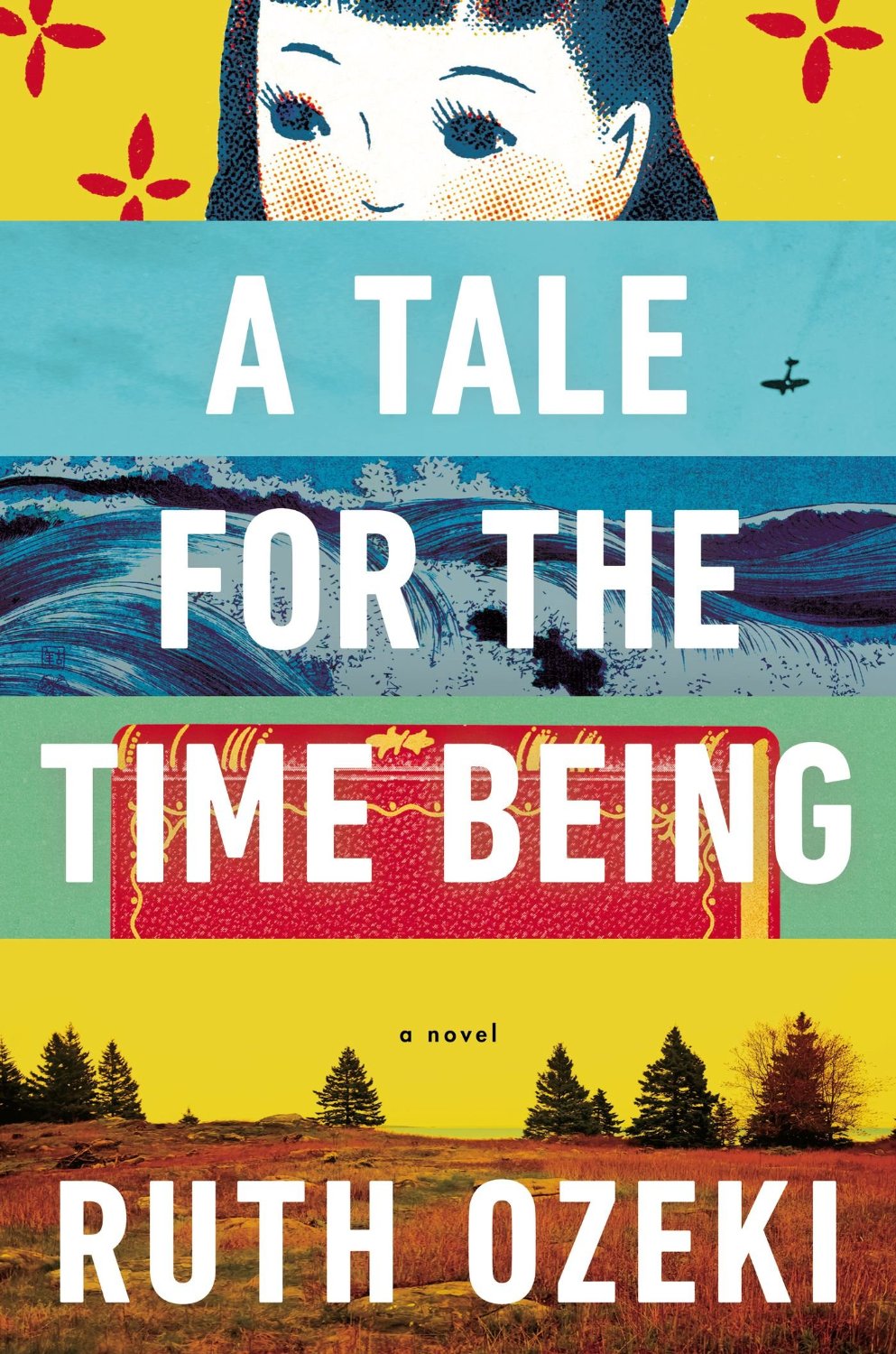 4. A Tale for the Time Being by Ruth Ozeki. A diary washes up on the shore of a British Columbia island, probably swept away by tsunami waves. A stymied author reads it while struggling with the book she's barely finished, and in a metafictional way, the act of reading becomes part of the narrative of the whole. It's beautiful and delicate, and I loved it a lot.
4. A Tale for the Time Being by Ruth Ozeki. A diary washes up on the shore of a British Columbia island, probably swept away by tsunami waves. A stymied author reads it while struggling with the book she's barely finished, and in a metafictional way, the act of reading becomes part of the narrative of the whole. It's beautiful and delicate, and I loved it a lot. 5. Station Eleven by Emily St. John Mandel. The story of how the world changed after a flu pandemic destroyed civilization as we know it, weaving back and forth from before to many, many years after, with theatre and the business of movies in the present, and a travelling Shakespearean troupe and orchestra in the future. Less nihilistic than many post-apocalyptic novels out there, it certainly doesn't offer easy answers, but the emphasis on what connects us really makes it stand out.
5. Station Eleven by Emily St. John Mandel. The story of how the world changed after a flu pandemic destroyed civilization as we know it, weaving back and forth from before to many, many years after, with theatre and the business of movies in the present, and a travelling Shakespearean troupe and orchestra in the future. Less nihilistic than many post-apocalyptic novels out there, it certainly doesn't offer easy answers, but the emphasis on what connects us really makes it stand out. 6. Steles of the Sky by Elizabeth Bear. I'm not hugely fond of the titles of the books in this trilogy, but I love the books themselves! They are marvellously complex fantasy that is different from anything else I've read. Set in a version of the Mongol steppes, we have multiple cultures at play, particularly in patterns of marriage and the roles of women. And as this is a trilogy that leads inexorably to war, the many women characters let us see that experience through a different lens.
6. Steles of the Sky by Elizabeth Bear. I'm not hugely fond of the titles of the books in this trilogy, but I love the books themselves! They are marvellously complex fantasy that is different from anything else I've read. Set in a version of the Mongol steppes, we have multiple cultures at play, particularly in patterns of marriage and the roles of women. And as this is a trilogy that leads inexorably to war, the many women characters let us see that experience through a different lens.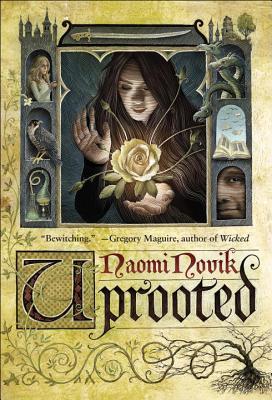 7. Uprooted by Naomi Novik. If you've read my reviews, you know I have a mile-wide weak spot for fairy tales. This book surprised me by being as good as it was about one of my favourite topics. (I haven't been a huge fan of Novik's Temeraire series.) But here she stretches the story being told with the general parameters offered by the fairy tale form, and it's a delightful tale of different kinds of magic and an encroaching wood.
7. Uprooted by Naomi Novik. If you've read my reviews, you know I have a mile-wide weak spot for fairy tales. This book surprised me by being as good as it was about one of my favourite topics. (I haven't been a huge fan of Novik's Temeraire series.) But here she stretches the story being told with the general parameters offered by the fairy tale form, and it's a delightful tale of different kinds of magic and an encroaching wood.  8. City of Stairs by Robert Jackson Bennett. Of all the books I read and enjoyed this year, this one was the biggest surprise. I picked it up almost at random, and I had no particular reason to think it would be bad, but neither did I have a reason to think it would be this damned good. What starts as a murder mystery in a city where the gods were slain decades before turns into a fascinating examination of colonialism and the erasure of history.
8. City of Stairs by Robert Jackson Bennett. Of all the books I read and enjoyed this year, this one was the biggest surprise. I picked it up almost at random, and I had no particular reason to think it would be bad, but neither did I have a reason to think it would be this damned good. What starts as a murder mystery in a city where the gods were slain decades before turns into a fascinating examination of colonialism and the erasure of history. 9. Ancillary Sword by Ann Leckie. I was devastated to knock this book out of the competition before the quarter finals, so I'm taking the opportunity to bring it back in now. All three books in this series are great. This just happens to be my favourite of the three, as the examination of power and culture comes into greater focus when you bring sexuality into the mix. It's science fiction of the highest order, looking at an empire disintegrating through a smaller, more localized story.
9. Ancillary Sword by Ann Leckie. I was devastated to knock this book out of the competition before the quarter finals, so I'm taking the opportunity to bring it back in now. All three books in this series are great. This just happens to be my favourite of the three, as the examination of power and culture comes into greater focus when you bring sexuality into the mix. It's science fiction of the highest order, looking at an empire disintegrating through a smaller, more localized story.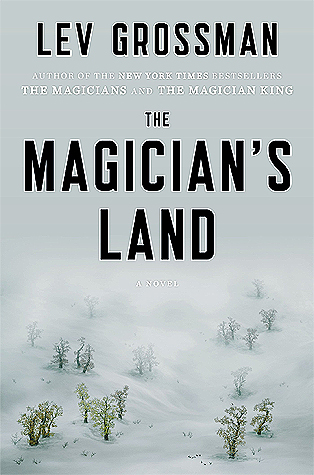 10. The Magician's Land by Lev Grossman. The other book I'm seizing the opportunity to bring back is this wrap-up to Grossman's tale of growing up and Narnia and magic. I loved the first two of these books that deeply split those who read them, and the third was just as satisfying, bringing several storylines to unexpected and emotional conclusions. We all want a little Narnia, but they don't last. But bacon is also the answer to many of life's questions.
10. The Magician's Land by Lev Grossman. The other book I'm seizing the opportunity to bring back is this wrap-up to Grossman's tale of growing up and Narnia and magic. I loved the first two of these books that deeply split those who read them, and the third was just as satisfying, bringing several storylines to unexpected and emotional conclusions. We all want a little Narnia, but they don't last. But bacon is also the answer to many of life's questions. 